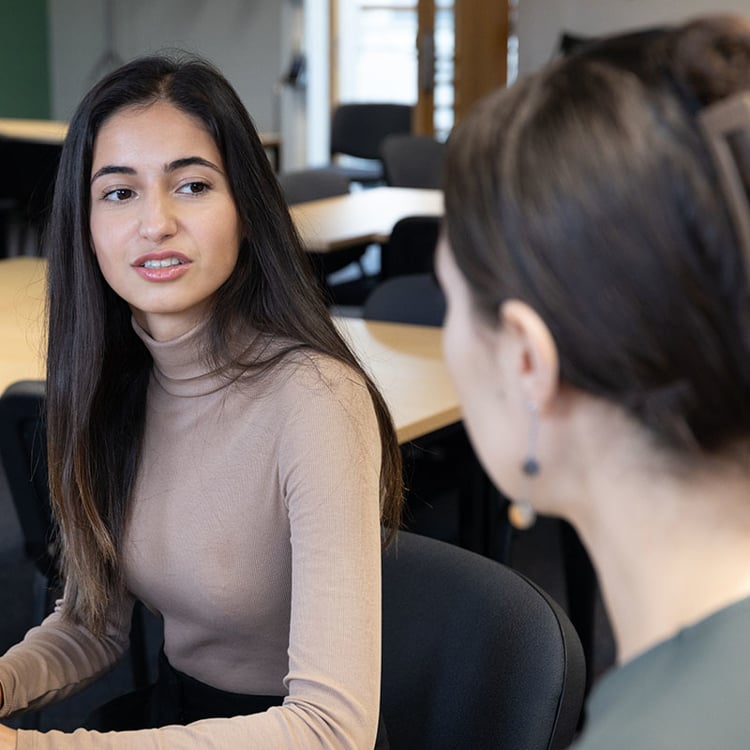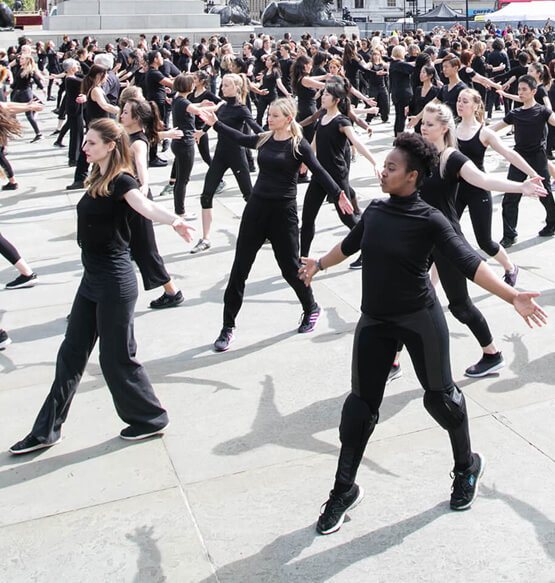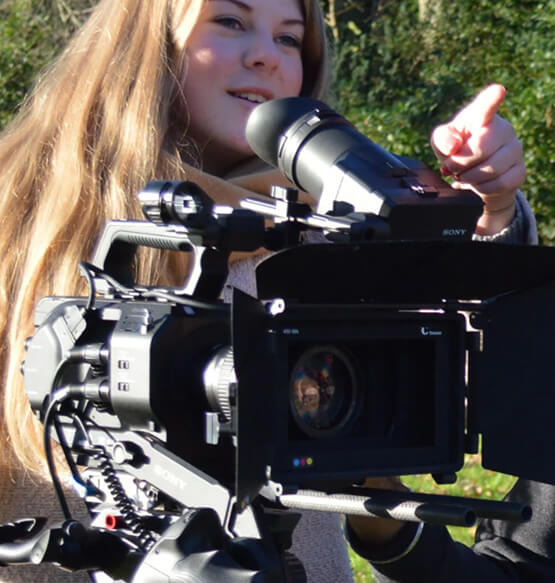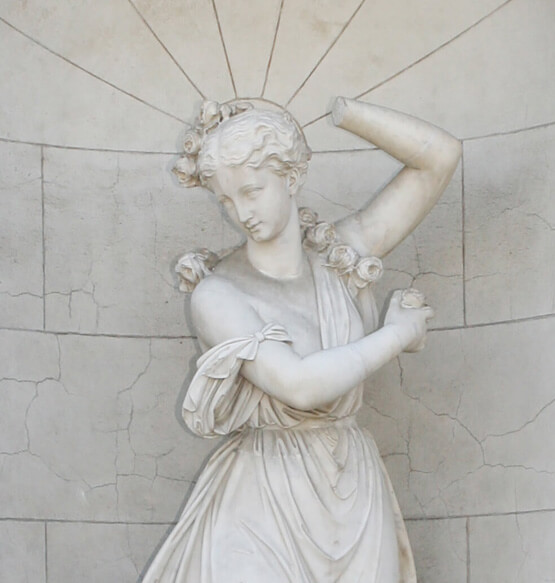Duration:
1 year (full-time)
2 years (part-time)
Please add an additional year if undertaking the Professional Experience Year: integrated 2-year masters
Number of credits:
MSc: 180
PGDip: 120
PGCert: 60
Start date(s):
September 2025
September 2026
Our MSc Web Development provides a blend of computing and digital media skills to set you up for success in the industry.
Did you know?
You'll learn in an environment that prepares you for your career - most of your classes are seminars and workshops in practical lab spaces.
This course is available as an extended masters for international students
Modules
Professional Experience Year
This course also offers the option of a Professional Experience Year. This programme combines dynamic career modules with flexible placement opportunities. After completing your first year of study, you'll then complete a full year of Professional Experience training as part of your degree. This will give you real career experience. This unique opportunity offers you distinct paths to build your expertise.

Skills
It all starts here.
If you’re looking for a career change or are interested in web and software development our MSc Web Development will open a pathway into the IT industry. It requires no previous undergraduate experience in the field of computing.
You'll pick up skills including:
- web design
- software develpment
- comprehensive programming
- full-stack development
Over the year, you will study software development through a comprehensive introduction to programming with Python before moving on to full-stack development with JavaScript. You will become an accomplished programmer and meet the requirements to join the web development industry. To complement this, you will also study basic and advanced web design to ensure you graduate a well-rounded developer with a flair for digital media.
Additionally, you’ll learn how to store and retrieve data, as well as learn about the security aspects of IT. To finish your programme, you will undertake an end-of-year project based on your interests in the field.
Learning
A course built around you.
We deliver all computing programmes in an active blended learning style, with:
- most lectures replaced by workshops and seminars
- a learning environment focused on collaborative working in practical lab spaces
- an environment based on working in the IT industry.
After the programme, you can undertake an industrial placement year, allowing you to gain valuable work experience relevant to your career aspirations.
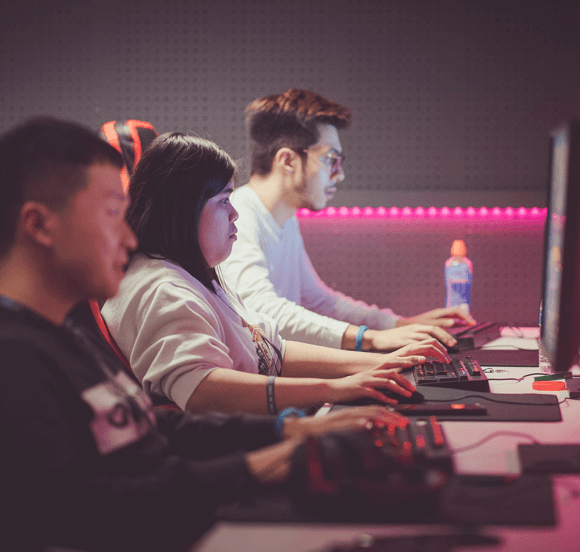
Assessment
Put your knowledge to use.
You’ll be set authentic assessments, meaning that your projects, tasks and exercises will replicate the working world of web development, ensuring that you are fully prepared for life after graduation.
When you leave you will have a portfolio of diverse practical work, setting you apart as a candidate in the job market.
Career
An exciting career awaits after graduating.
You could go on to work in roles such as:
- Technical Product Manager
- UX/UI Designer for Web Applications
- DevOps Engineer
- Digital Project Manager
- Web Security Analyst
- Technical Writer (Specialising in Web Technologies)
- Quality Assurance (QA) Tester for Web Applications
- Web Accessibility Specialist

Open days
Get a real taste of our campus, community and what it’s like to study at Roehampton
Applying
UK postgraduate students apply through our direct application system.
Specific entry requirements
A degree of 2:2 or above. This does not need to be computing related.
General entry requirements
September 2025 entry tuition fees (UK)
| Level of study | Full-time | Part-time* |
| MSc | £11,250 Professional Experience Year: £2,500 |
£5,625 |
| PGDip | £7,500 | £3,750 |
| PGCert | £3,750 | £1,875 |
*Year 1 fee
We offer a wide range of scholarships and bursaries. See our financial support pages for UK students.
We also provide other ways to support the cost of living, including free buses and on-campus car parking, hardship support and some of the most affordable student accommodation and catering in London. Find out more about how we can support you.
International postgraduate students apply through our direct application system.
Specific entry requirements
A degree of 2:2 or above. This does not need to be computing related.
General entry requirements
September 2025 entry tuition fees (international)
| Level of study | Full-time | Part-time* |
| MSc | £18,250 Professional Experience Year: £2,500 |
£9,125 |
| PGDip | £12,170 | £6,085 |
| PGCert | £6,085 | £3,045 |
*Year 1 fee
We offer a wide range of scholarships and bursaries. See our financial support pages for international students.
We also provide other ways to support the cost of living, including free buses and on-campus car parking, hardship support and some of the most affordable student accommodation and catering in London. Find out more about how we can support you.


